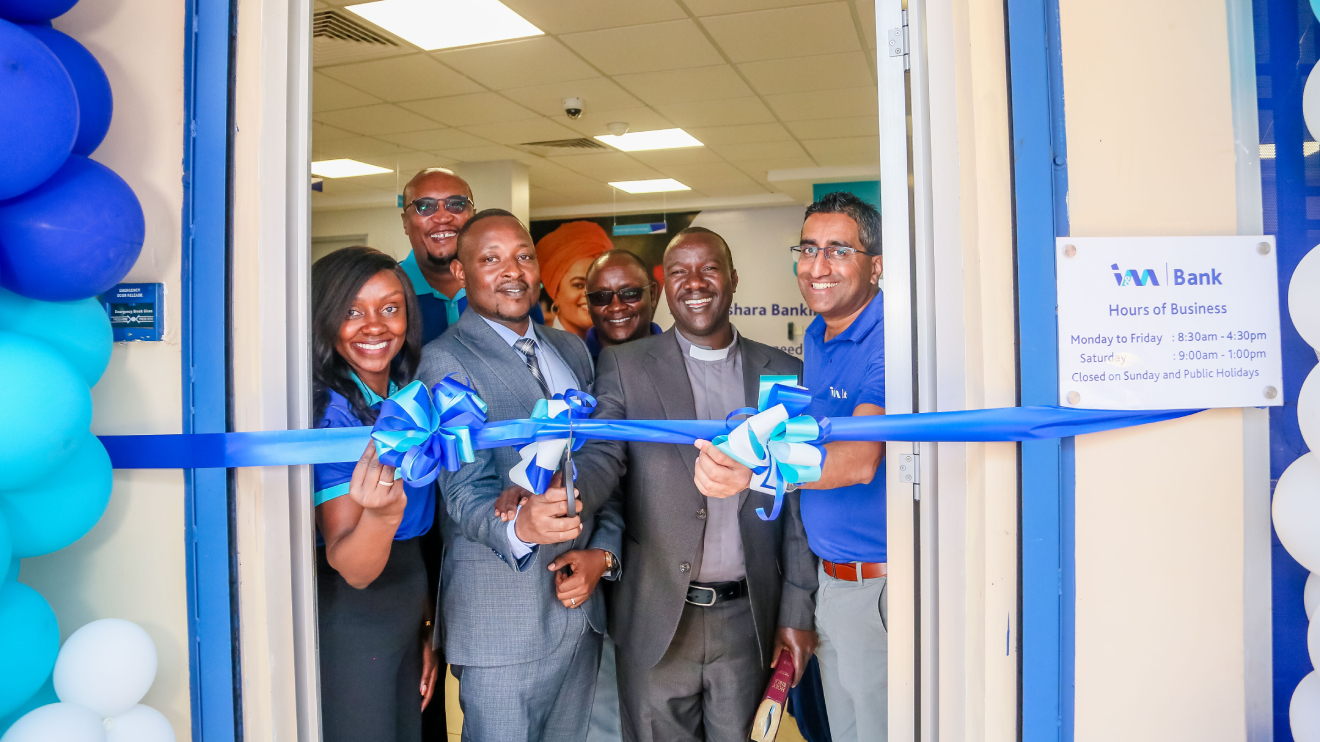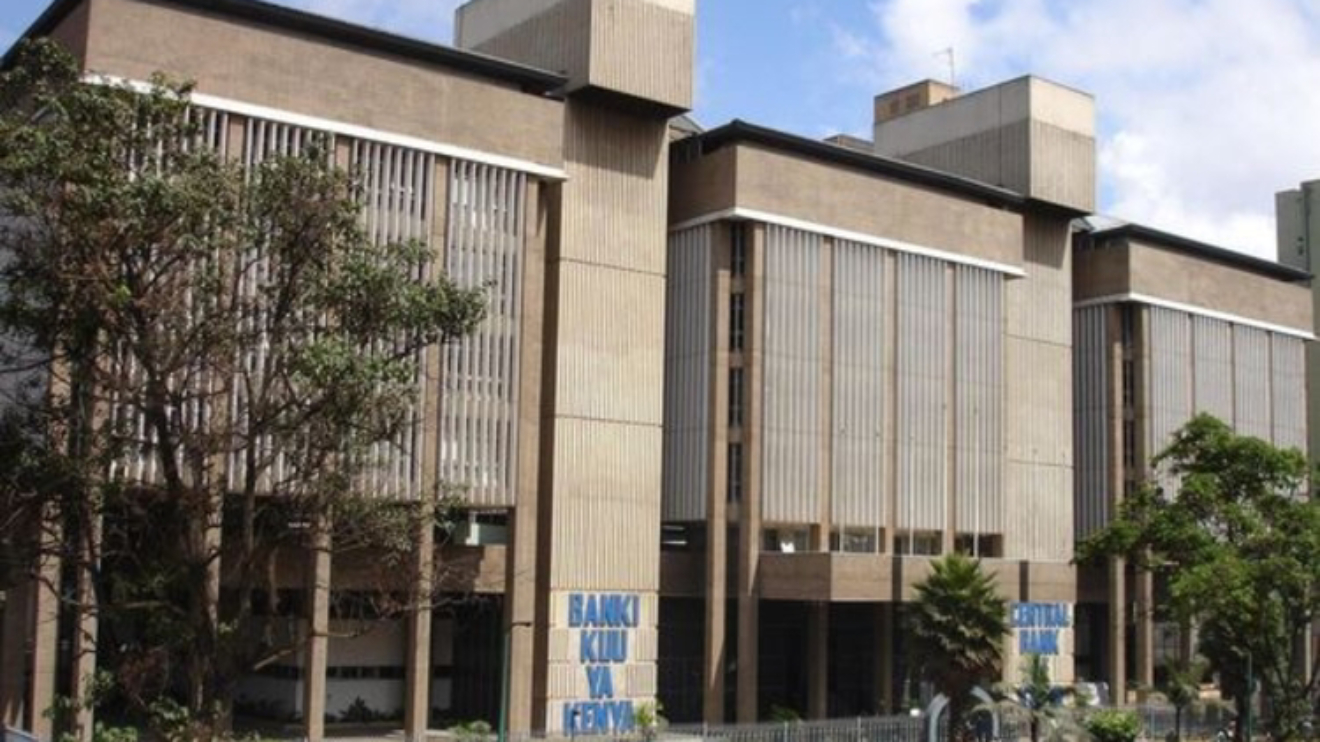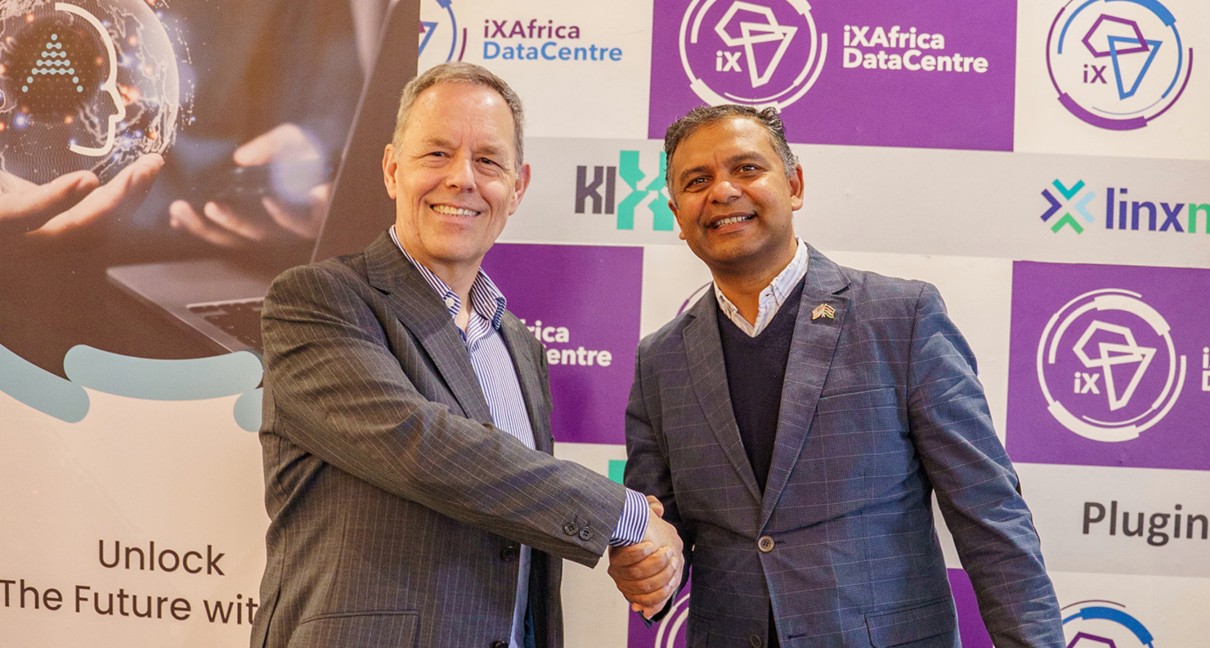A decisive step toward economic integration in Africa's digital space has emerged from Nairobi, where the 14th Connected Africa Summit concluded with the formal adoption of the ‘Africa’s Digital Future: From Vision to Action’ declaration — a policy framework designed to streamline cross-border digital operations and align national ICT strategies under a common agenda.
Endorsed by African Union member states and senior ICT stakeholders, the declaration aims to transform Africa into a single digital market.
The move signals growing consensus among policymakers that the continent's economic future is increasingly dependent on cohesive, tech-driven infrastructure.
The strategy, part of the African Union’s broader Digital Transformation framework running through 2030, targets multiple economic and technological fronts.
At its core is a push to localise the production of digital hardware, including smartphones, semiconductors, and environmentally responsible electronics, while positioning Africa to lead in the adoption of emerging technologies like Artificial Intelligence.
Read More
For businesses, the implications are significant.
The focus on local manufacturing and data sovereignty presents new investment opportunities, particularly in hardware production, cloud infrastructure, and green technology.
Furthermore, standardised digital regulations across countries would reduce compliance complexity for regional operators and digital service providers.
Infrastructure development remains central to the declaration.
Participants called for the acceleration of 5G rollout and expansion of inter-country fibre optic highways — moves that could lower latency, improve service delivery, and support growth in fintech, e-commerce, and logistics sectors.
Universal service funds, a traditionally underutilised mechanism, are now earmarked to close connectivity gaps in rural and economically marginalised areas.
The policy also outlines efforts to harmonise regulations around cybersecurity, digital trade, telecom tariffs, and data governance, enabling smoother cross-border digital operations and laying the groundwork for regional tech scaling.
In his address during the summit, ICT CS William Kabogo reinforced the continent’s commitment to breaking long-standing structural barriers.
“We reaffirm our shared commitment to breaking down barriers to digital advancement, enhancing cross-border data collaboration, and unlocking Africa’s digital potential,” Kabogo said.
As the digital economy continues to outpace traditional growth sectors, Africa’s leaders appear intent on ensuring that digital transformation is not just about access, but about ownership, participation, and strategic alignment.
For investors, service providers, and regulators, the Nairobi declaration marks a shift from fragmented ambition to coordinated action.









-1757457290.jpg)
